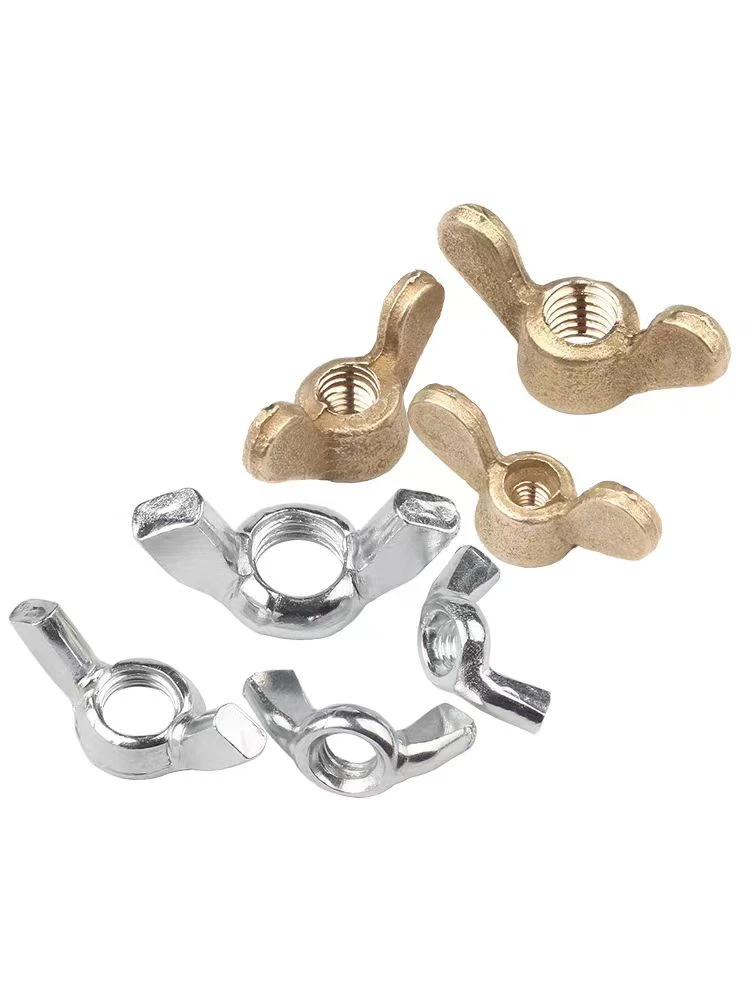

countersunk self tapping screws
Dec . 12, 2024 09:55 Back to list
countersunk self tapping screws
The Versatility of Countersunk Self-Tapping Screws
In the world of construction and assembly, fasteners play a crucial role in ensuring the integrity and stability of structures. Among the myriad of fasteners available, countersunk self-tapping screws stand out for their unique design and functionality. This article will explore what countersunk self-tapping screws are, their advantages, applications, and why they are favored in various industries.
What Are Countersunk Self-Tapping Screws?
Countersunk self-tapping screws are screws designed with a tapered head that allows them to sit flush with the material's surface. The countersunk feature refers to the conical shape of the screw head, which provides a smooth finish when installed. The self-tapping capability means that these screws can create their own hole as they are driven into materials, typically metals, plastics, or wood, saving time and effort during installation.
Advantages of Countersunk Self-Tapping Screws
1. Flush Finish One of the standout features of countersunk screws is their ability to provide a smooth surface. When installed properly, the tapered head sits flush or below the surface, eliminating any protrusions that could cause safety hazards or aesthetic concerns.
2. Time and Labor Efficiency The self-tapping mechanism allows these screws to be quickly driven into the material without the need for pre-drilled holes. This expedites the assembly process and reduces labor costs significantly.
3. Strong Holding Power Countersunk self-tapping screws are designed to provide a strong hold, ensuring that the materials remain securely joined. The deployment of an effective thread design enhances their grip, making them suitable for various applications.
countersunk self tapping screws

4. Variety of Materials These screws are versatile and can be used with a variety of materials, including metals, plastics, and wood. Their design can accommodate different material densities and thicknesses, making them popular in a wide range of industries.
5. Corrosion Resistance Many countersunk self-tapping screws are available with coatings that offer protection against corrosion, making them ideal for outdoor applications or environments prone to moisture.
Applications of Countersunk Self-Tapping Screws
Countersunk self-tapping screws find extensive use in numerous applications. In woodworking, they are often employed in furniture assembly, cabinetry, and framing due to their ability to create a flush surface. In the metalworking industry, these screws are utilized to fasten sheet metal and other components securely. Additionally, they are common in the automotive sector for securing parts without needing traditional fastening methods.
The construction and electronics industries also benefit from the use of countersunk self-tapping screws. For instance, they are often used in the assembly of appliances, electrical enclosures, and other equipment where a clean finish is desirable.
Conclusion
The design and functionality of countersunk self-tapping screws make them an indispensable tool in various fields. With their ability to provide a flush finish, enhance assembly speed, and deliver robust holding power, they are widely adopted across industries. Whether you are a professional tradesperson or a DIY enthusiast, understanding the benefits and applications of these screws can lead to better project outcomes and efficiency in work. As industries continue to evolve, the demand for reliable and efficient fasteners will keep countersunk self-tapping screws at the forefront of construction and assembly applications.
Latest news
-
High-Strength Hot Dip Galvanized Bolts - Hebei Longze | Corrosion Resistance, Customization
NewsJul.30,2025
-
Hot Dip Galvanized Bolts-Hebei Longze|Corrosion Resistance&High Strength
NewsJul.30,2025
-
High-Strength Hot-Dip Galvanized Bolts-Hebei Longze|Corrosion Resistance&High Strength
NewsJul.30,2025
-
Hot Dip Galvanized Bolts-Hebei Longze|Corrosion Resistance&High Strength
NewsJul.30,2025
-
Hot Dip Galvanized Bolts - Hebei Longze | Corrosion Resistance, High Strength
NewsJul.30,2025
-
High-Strength Hot Dip Galvanized Bolts-Hebei Longze|Corrosion Resistance, Grade 8.8
NewsJul.30,2025

